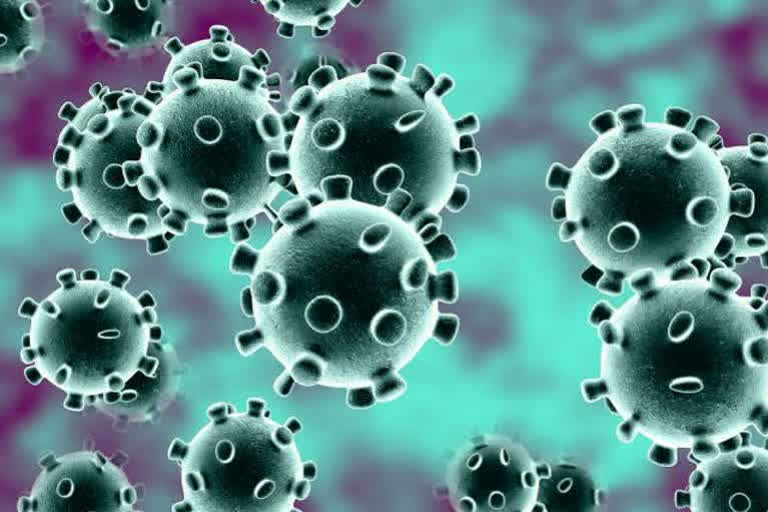Hyderabad (Telangana): History is replete with examples of how we have discriminated people with disabilities in the face of a disaster. People with disabilities (PWD) have been abandoned or left behind when it comes to a disaster response because they don’t have a strong voice that is heard. In a world where the physically fit push for their survival first, tragically the humane side vanishes. COVID-19 response therefore needs to be inclusive.
Sustainable Development Goals emphasize the universality of care and countries are judged on this achievement. PWD experience hardships in accessing information on prevention and risk of infection to keep themselves safe and the required care and support. All need an escort or care even in normal times. This gets magnified manifold in the time of crisis. The blind depends on physical touch to navigate. The hearing impaired cannot hear messages beamed on national media. The physically disabled cannot reach a wash basin or may not be able to wash their hands vigorously.
Children and adolescents with conditions like cerebral palsy or Down’s Syndrome need to be assisted in feeding. People with communication disabilities don’t know how to express their problems. People with mental health issues cannot comprehend the messages. Not a single Indian channel employs a sign language interpreter unlike almost all channels in Europe. Mainstream messaging does not reach them.
Read: UP govt to purchase grains from farmers amid the lockdown
At the same time, PWD has a higher risk of conditions like diabetes and hypertension which are high risk factors for covid mortality. Therefore, they need much more support than the rest of the population in the face of a pandemic. They may not be eating properly and may experience higher stress because they are unable to understand what is happening all around them on which they have no control. Many women with disability have families with children and are highly stressed as to how they can care for their children and family members in this crisis. Routine health needs that they have are also not provided as health centres or transportation facilities are not accessible.
India is home to nearly 150 million people with some degree of disability. Nearly 25-30 million have severe disability. Most of them depend on a carer. This adds to another 25-30 million carers. So we are looking at nearly 50 million people who need special support. Special efforts need to be made by the Government, NGOs and the civil society to reach people with disabilities. They need to make efforts to convert prevention and care messages on Covid into an accessible format. Health facilities should prioritize their needs. Decreasing waiting time in hospitals for them will reduce contact with other asymptomatic carriers of coronavirus or frank cases during their visit to hospitals. Their medicine needs have to be provided for.
Read: Teleconsultation centre for doctors to share COVID-19 expertise inaugurated at AIIMS
Mobile health teams can provide them services at home instead of their travelling to hospitals. A dedicated helpline can be set up for this so that the medical team can reach them. They need to be assured supplies of soap or sanitisers and tissues. In the present panic situation, leaders have to don a statesman’s cloak and reiterate the need for inclusive care that encompasses all sections of society, specially the elderly and people with disabilities.



